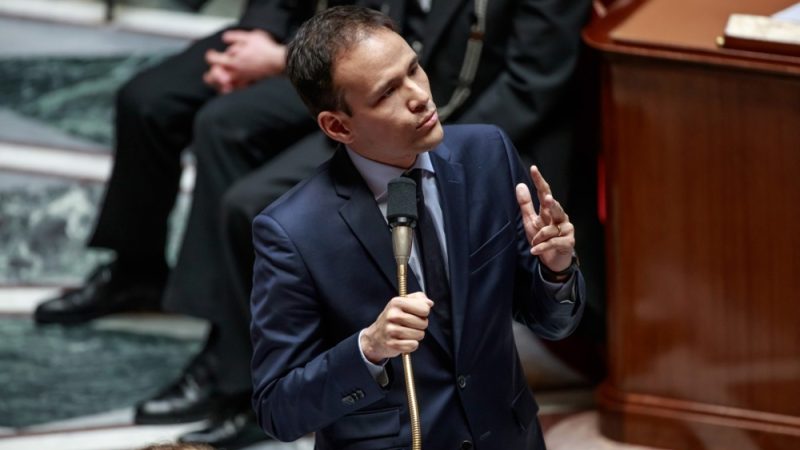France’s Role in Shaping the AI Legislation Landscape
Over recent weeks, France has emerged as a key player in the negotiations surrounding the world’s first comprehensive AI law, notably by taking a firm stance against imposing binding regulations on the most advanced AI models.
The AI Act represents a groundbreaking legislative initiative aimed at overseeing Artificial Intelligence through a risk-based strategy. Since the introduction of ChatGPT, powered by OpenAI’s GPT-4, policymakers in the EU have grappled with the challenge of effectively regulating these foundational models.
Despite the collaborative efforts of Germany and Italy, France has stood out in its opposition to enforcing binding obligations on providers of foundational models. This resistance poses a significant risk to the overall AI regulation, as it clashes with the European Parliament’s stance on the matter.
The three largest European nations are advocating for a concept of ‘mandatory self-regulation,’ primarily in the form of codes of conduct. This approach is endorsed by prominent AI startups such as Mistral AI in France and Aleph Alpha in Germany.
The shift in France’s position is notable, considering its historical advocacy for the development of trustworthy AI systems, as demonstrated by initiatives like the Confiance.ai collective. However, a more market-oriented approach has gained traction in France in recent months.
Notably, Arthur Mensch, the CEO of Mistral AI, publicly challenged French President Emmanuel Macron at VivaTech, expressing concerns that the current regulatory framework, the AI Act, could impede innovation. This sentiment was echoed by numerous CEOs from leading European companies, highlighting the potential drawbacks of the European Parliament’s approach to regulating foundational AI models.
The alleged conflicts of interest involving key figures like Cédric O, a former digital state secretary, have added complexity to the debate. O’s transition from advocating for stringent EU digital regulations to a more industry-aligned position post his tenure has sparked controversy and raised questions about regulatory influence.
As discussions continue on what aspects of AI should be regulated, the focus has shifted towards the dichotomy between proprietary and open-source AI models. Mistral AI’s advocacy for open-source models as a means to foster competition against Big Tech’s closed systems has ignited further debate on the market dynamics within the AI sector.
While differing viewpoints persist on the necessity of regulating foundational AI models, stakeholders emphasize the importance of striking a balance to prevent undue burdens on downstream economic operators and safeguard the EU’s industrial landscape.
In navigating the complexities of AI regulation, France aims to learn from past technological revolutions and avoid repeating the oversights of the 1990s. This forward-looking approach is underscored by the belief that Europe must prioritize innovation before imposing regulatory frameworks to remain competitive in the global AI landscape.
However, critics warn that adopting a laissez-faire approach akin to US-based OpenAI’s stance could pose risks to the EU’s competitiveness and democratic values, potentially mirroring the challenges stemming from previous technological revolutions related to data protection and online market competition.






